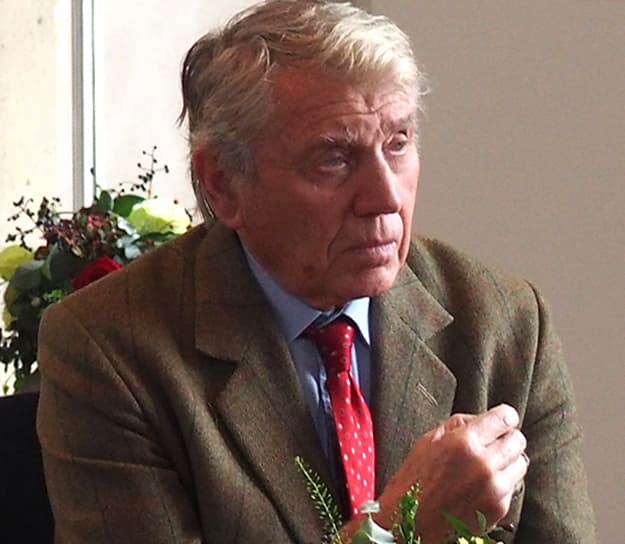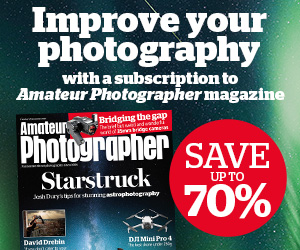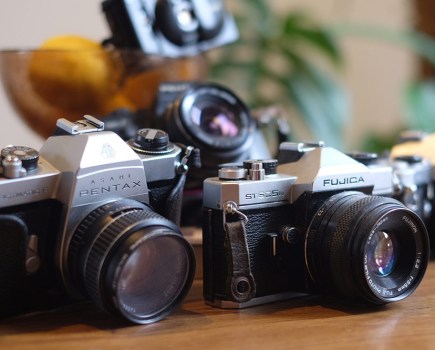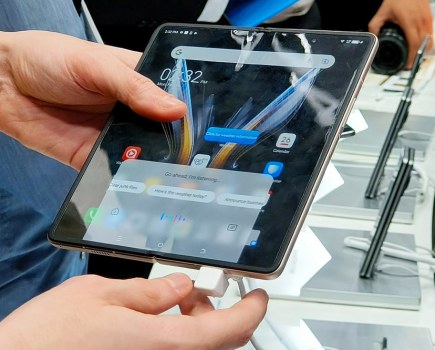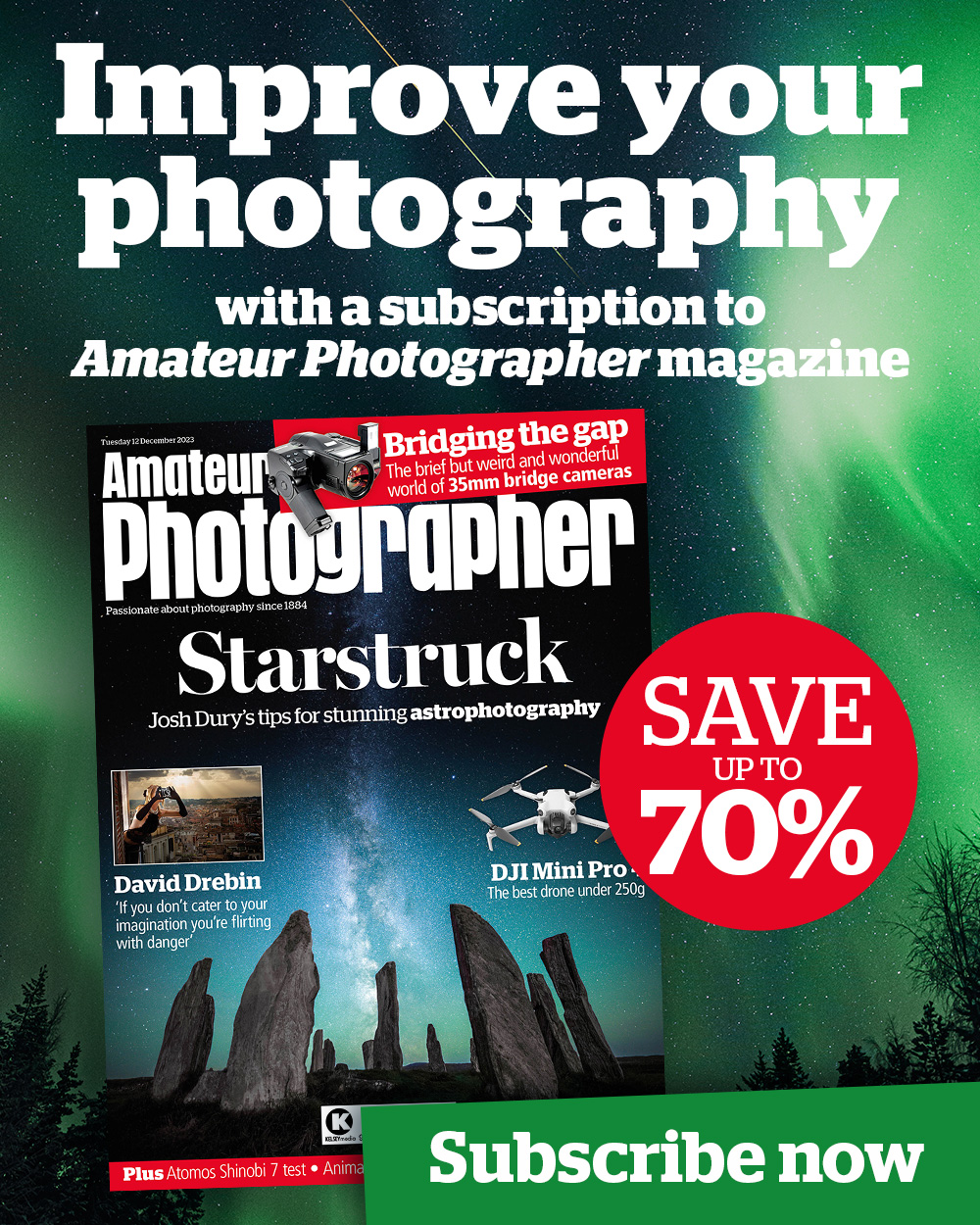Don McCullin at Somerset House in London on Friday [Photo credit: © C Cheesman]
Speaking at an event to promote Photo London 2016, where the photographer will take centre stage, Don McCullin added: ‘The whole thing can’t be trusted.’
Speaking earlier, McCullin explained that his decision to return to the Iraq warzone a few years ago enabled him to see events ‘first hand’, rather than having to rely on images published by the media.
McCullin’s comments – at Somerset House, where Photo London will take place in May – came as news agency Reuters this month confirmed it has banned freelance photographers from sending images as ‘raw’ files.
Digital manipulation of press photos has led to controversy in recent years.
Earlier this month, the Australia-based Nikon-Walkley Awards was forced to issue a statement about an altered image after photographer David Caird inadvertently entered a manipulated photo.
As far back as 2006, a Reuters photographer was sacked for digitally ‘doctoring’ two images, which seemingly exaggerated the impact of Israeli air strikes on Lebanon.
In recent weeks, Reuters has moved to tackle photographers’ use of image enhancement.
According to US website PetaPixel, Reuters sent freelance photographers an email which stated: ‘In future, please don’t send photos to Reuters that were processed from RAW or CR2 files. If you want to shoot raw images that’s fine, just take JPEGs at the same time. Only send us the photos that were originally JPEGs, with minimal processing (cropping, correcting levels, etc).’
A Reuters UK spokesman has since told Amateur Photographer: ‘As eyewitness accounts of events covered by dedicated and responsible journalists, Reuters Pictures must reflect reality. While we aim for photography of the highest aesthetic quality, our goal is not to artistically interpret the news.’
Reuters’ Handbook on Journalism already contains strict rules on image enhancement in Photoshop.
For example, in-camera sharpening is not allowed and subsequent sharpening in Photoshop is limited to 300%, at a radius of 0.3 and threshold of 0.
In September, a global survey of photojournalists revealed that only 10% of photographers never enhance the in-camera or raw files by altering contrast, hue, tone or saturation.
And 51% said they do this ‘often’ or ‘always’.
When asked if they stage photos – by asking subjects to pose or repeat actions, for example – 36% said ‘never’ but 52% said ‘sometimes’.
The poll of more than 1,500 photographers in more than 100 countries was carried out by the World Press Photo Foundation and Oxford University’s Reuters Institute for the Study of Journalism.

